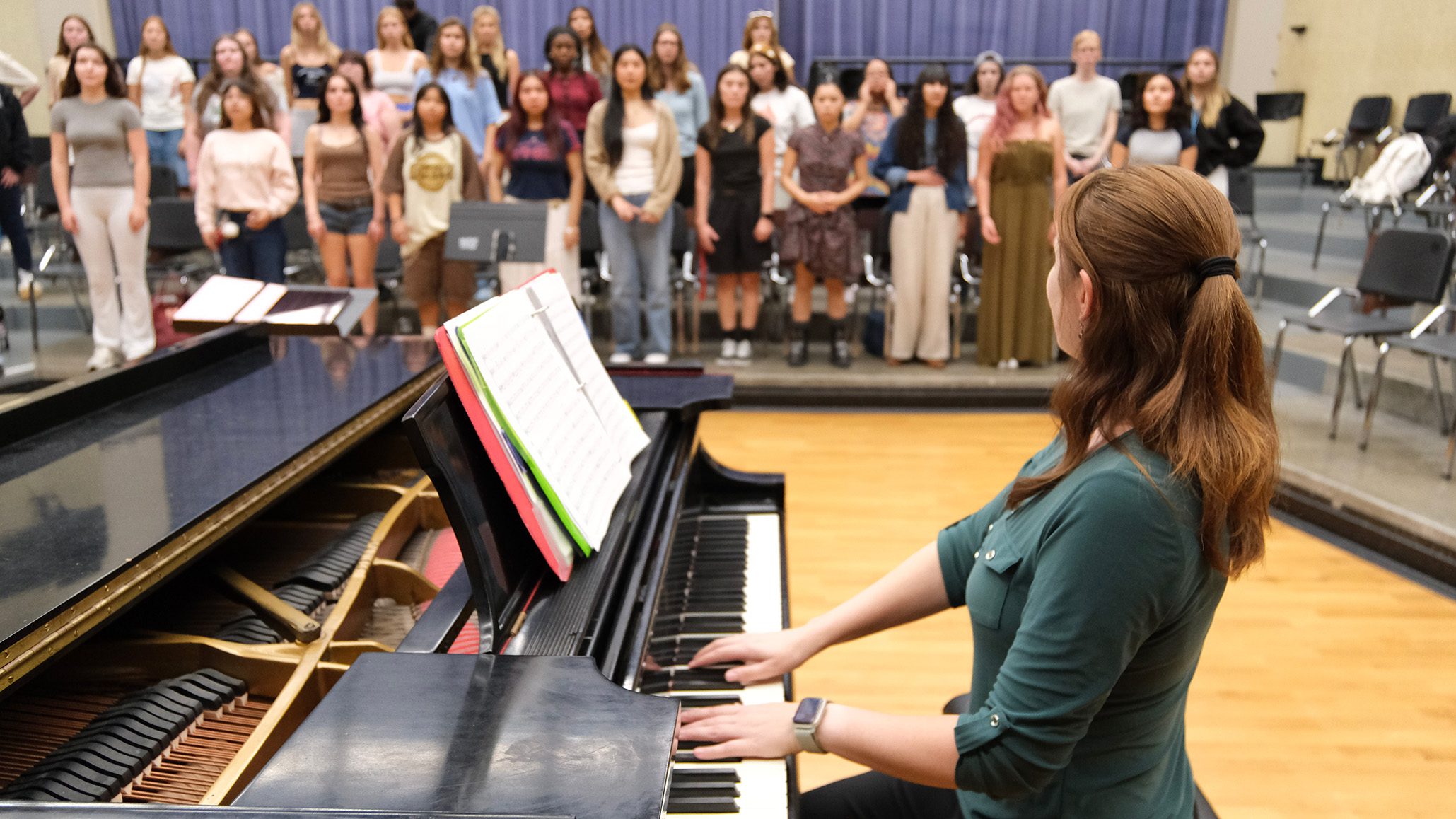Cultivating Black Minds and Education That Matters
Elected officials and education leaders will join SDSU researchers and others in a conversation about how to address disproportionate suspensions of African American children and youth.

“We must change the ways we approach African American youth, and the ways we teach them.”
In recent years, a growing body of research has strongly illustrated the disproportionate rate in which Black children and youth are suspended in California, resulting in exclusionary acts of discipline and persistent disparities.
At the forefront of such research and the effort to undo racial inequities that directly and adversely impact the success of some Black students are San Diego State University researchers J. Luke Wood and Frank Harris III.
Wood and Harris, are professors in the College of Education and through their Black Minds Projects at SDSU, have co-authored a number of reports with others detailing the disproportionately high suspension and expulsion rates among African American students in some California school districts.
“One of the most devastating and yet persistent acts is the criminalization of Black students," said Harris, professor of postsecondary education.
"We have a growing and meaningful body of work that strongly illustrates that when we both acknowledge and work to undo unconscious biases and when our educators take personal responsibility for long-standing disperate educational outcomes for Black students, we see promising actions that result in tangible changes for the success of our Black students,” Harris also said.
Wood and Harris will both join other education experts and elected officials for a Feb. 17 webinar, “Black Minds Matter: Addressing Disproportionate Suspensions of Black Children and Youth.” The event will be held at 1 p.m. (Pacific Time), and include the following panelists:
- Shirley Weber, Secretary of State of California and professor emeritus of Africana Studies at SDSU
- Tony Thurmond, State Superintendent of Public Instruction
- Joseph Johnson, Jr. executive director of National Center for Urban School Transformation at SDSU and professor emeritus of educational leadership
- Daniel Lee, the deputy superintendent of education at the California Department of Education
- Melina Abdullah, a professor of Pan-African studies at California State University, Los Angeles and co-founder of Black Lives Matter - Los Angeles
- Tyrone C. Howard, the Pritzker Family Endowed Chair in Education to Strengthen Families at UCLA and Director of the Black Male Institute
Registration to attend the event, which is free and open to all, is available online.
“We have plenty of evidence showing that educators undervalue the minds of our Black youth and young adults — we have the resources, the power and the responsibility to change this,” said Wood, a distinguished professor of education.
“We must change the ways we approach African American youth, and the ways we teach them. We must consciously acknowledge their experiences and understand the many contributions they can and do make,” he said. “The first action in this is to respect Black minds and to mobilize our classrooms for positive change for our African American youth and, through that process, all of our students,” Wood said.
Johnson, who previously served as SDSU’s interim provost, is also involved with Wood in the Black Males for Educational Equity, a statewide organization that advocates for the elimination of suspensions and expulsions of preschoolers.
“High and disproportionate suspension rates are even more appalling when one recognizes that some schools achieve impressive learning results for Black students, while maintaining very low rates of suspension and expulsion. These schools prove that we can create learning environments that embrace and empower Black students so they can serve as constructive leaders in their communities and in our society,” Johnson said.



